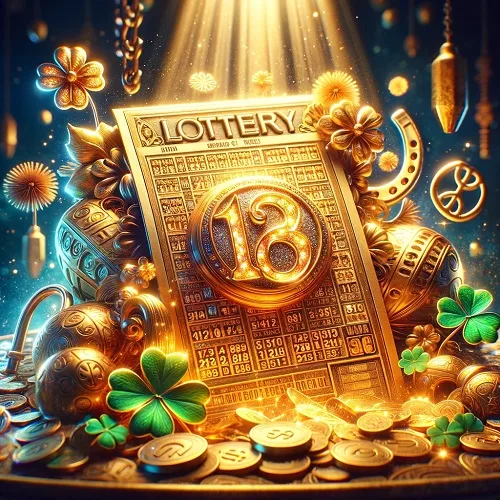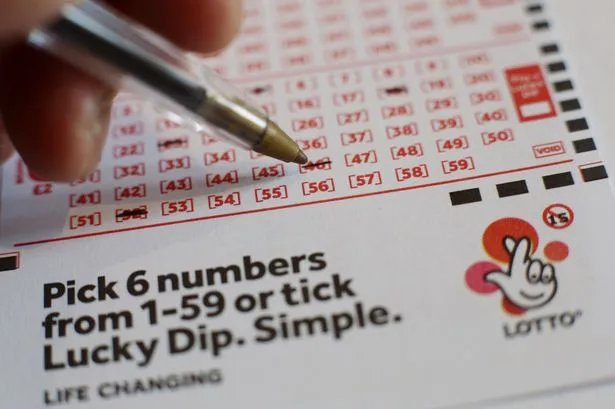Unlocking Luck: The Mystery Behind Lottery Numbers

Explore the intriguing world of lottery numbers, where chance, superstition, and statistics collide. This comprehensive article delves into the essence of the lottery, the significance behind the numbers, the allure of ‘lucky’ numbers, and the myths surrounding them. Discover whether these numbers hold the key to fortune or if they’re merely a gambler’s fantasy.
What is Lottery?
The lottery is a game of chance where participants select numbers in the hope of matching them with randomly drawn numbers to win prizes. It’s a form of gambling that captivates millions worldwide, promising life-changing rewards for those who manage to defy the odds.
What Do the Numbers on the Balls Mean?
The Role of Randomness
In a lottery, each number has an equal chance of being drawn, embodying the principle of randomness. The numbers are designed to be unpredictable, ensuring a fair and unbiased outcome for each draw.
Symbolism and Superstition
Despite the random nature of lottery numbers, many players attribute special meanings to certain numbers, often influenced by cultural beliefs or personal experiences.
What Numbers Are Considered Lucky?
Certain numbers, such as 7, 8, and 3, are universally regarded as lucky in various cultures. These numbers frequently appear in players’ selections, buoyed by their historical and cultural significance as bearers of good fortune.

Are They Really Lucky or Is It a Myth?
While ‘lucky’ numbers are a staple of lottery lore, their effectiveness remains a subject of debate. Statistical analysis reveals that all numbers have an equal probability of being drawn, challenging the notion of inherently ‘lucky’ digits.
What Are Not Lucky Numbers?
Conversely, certain numbers are often deemed unlucky, like 13 in Western cultures, and are sometimes avoided by players. However, this aversion is more rooted in superstition than statistical evidence.
Is It Worth Waiting for a Continuation?
The fascination with lucky numbers in the lottery is unlikely to wane, as it blends the allure of chance with the human penchant for patterns and meaning. Whether or not these numbers hold the key to lottery success, they undeniably enrich the game with a layer of mystery and excitement.
